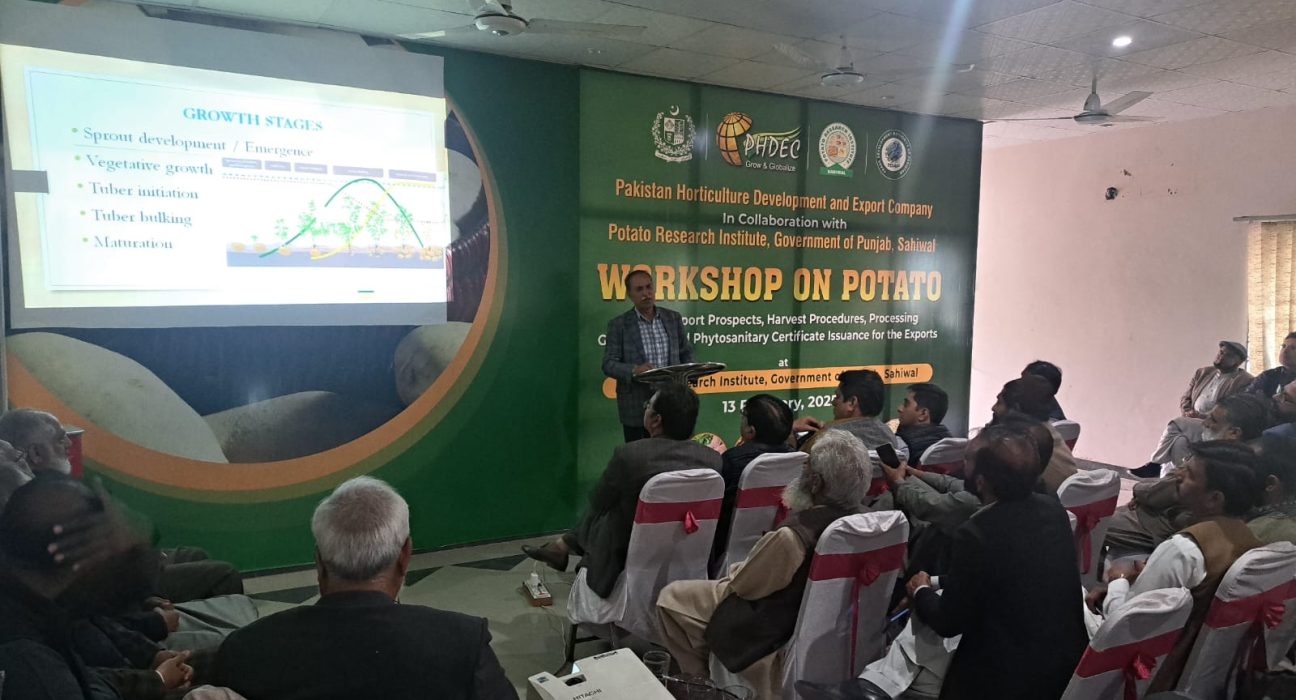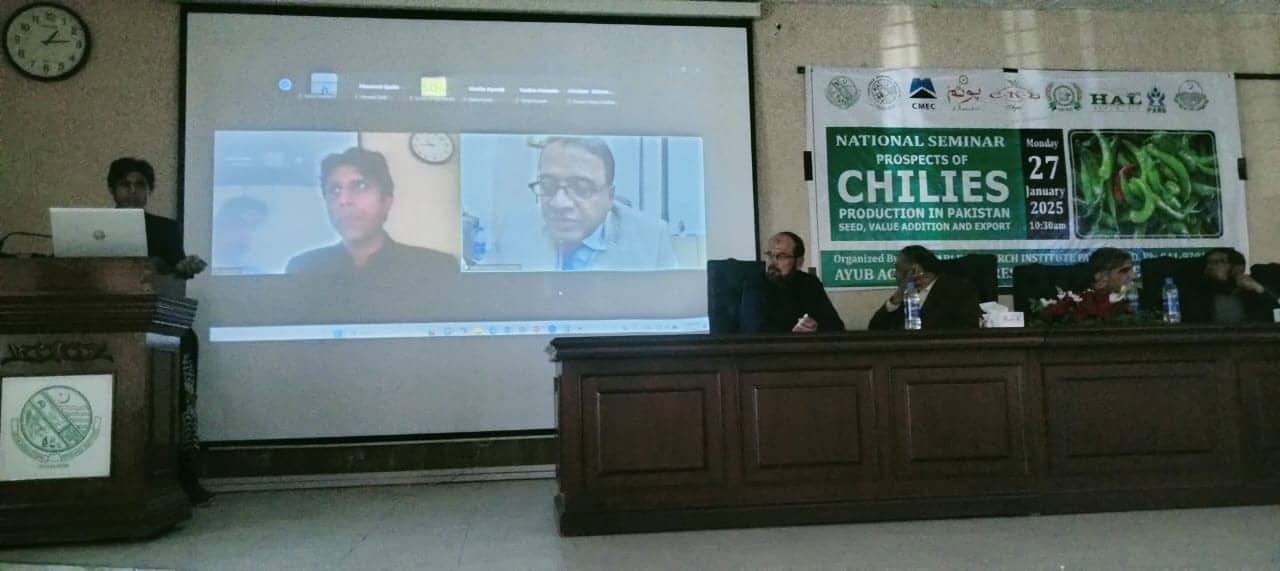PHDEC’s Pavilion at FoodAg Manufacturing 2025 organized by TDAP
Day 1 PHDEC sponsored 50 stalls for Pakistani startups, entrepreneurs, and leading companies engaged in the value addition of horticultural products at its pavilion at the FoodAg Manufacturing Expo begins today and will conclude on 28th of Feb, organized by TDAP at the Expo Center, Lahore.Committed to uplifting Pakistan’s horticulture sector, PHDEC invited and supported ingredients suppliers and the stakeholders from all four provinces including Gilgit-Baltistan producing high-value, value-added products from olives, mangoes, citrus, persimmons, apricots, peaches, plums, dates, cherries, onions, potatoes, honey, and other fruits and vegetables. These products, including oils, powders, dehydrated items, bars, candies, syrups, and more, were showcased at PHDEC’s pavilion, facilitating B2B meetings with domestic and international buyers.Additionally, about 50 international companies specializing in value addition technology and manufacturing value-added products using such technology participated in the expo. This provided Pakistani companies with a valuable opportunity to network, explore potential collaborations, and align their products and technologies with international market standards.Recognizing the significance of value addition in the horticulture sector, PHDEC took the lead in providing this platform to Pakistani companies. The expo was inaugurated by Punjab’s Minister of Agriculture, Mr. Ashiq Hussain Kirmani, and Secretary of Agriculture, Mr. Iftikhar Ahmad Sahu, who visited PHDEC’s pavilion. They acknowledged and appreciated PHDEC’s contributions and support to horticulture sector stakeholders, emphasizing its role in advancing the industry in Pakistan.











